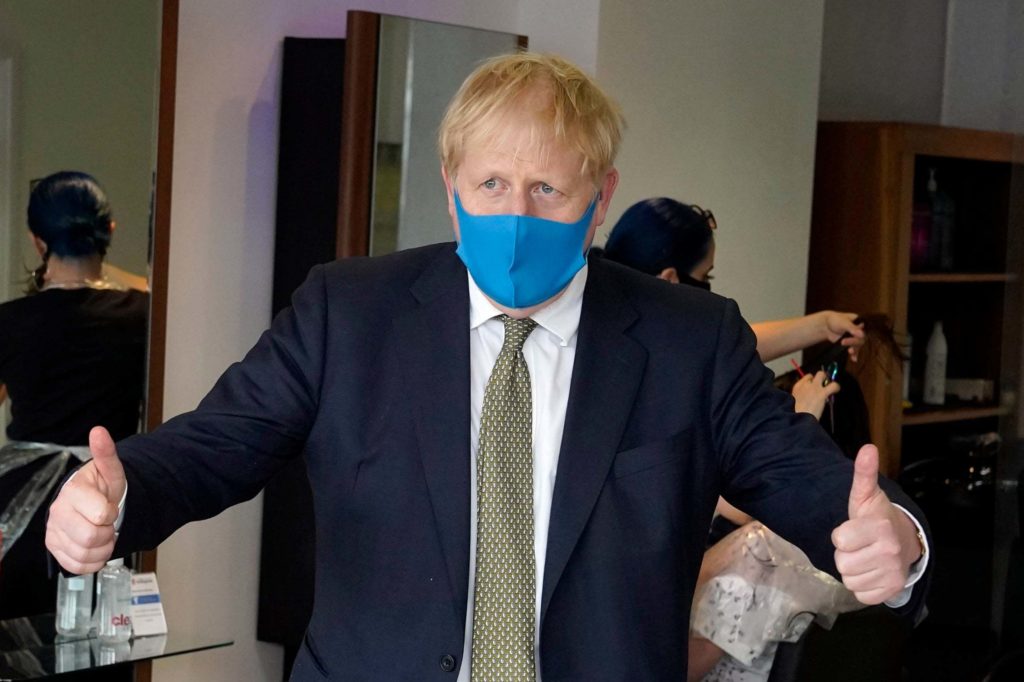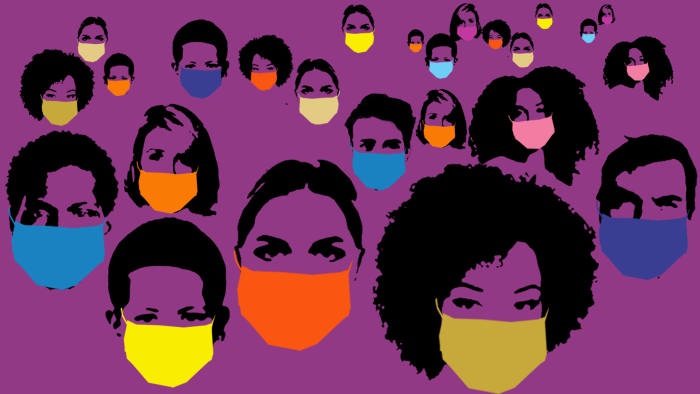Mask Psychology – Ona Limbu and Maddy Fitch
As you all know by now, RHS has recently implemented a ‘mask policy’ in which masks will have to be worn in all areas where there is a risk of cross contamination between year group bubbles. This reflects the Government’s new legislative demands being imposed in retail and restaurant industries nationwide.
Obviously, science has promoted masks being worn since the start of COVID for simple reasons:
- The majority of young people are asymptomatic; they show no symptoms but still pass on the disease. Therefore wearing masks helps reduce the infection rate of that one asymptomatic person
- Alongside other practices such as washing hands and social distancing, masks significantly slows the spread of coronavirus
- In places where social distancing isn’t possible, masks are the next best option
But how can we get everyone to wear a mask?
For all the psychologists reading this article, you may be aware of the topic of social change. Social change is defined as the shift in a majority’s social and cultural opinions over time.
Now, it is known that social change usually take place over an extended period of time, however we also know that to control the spread of COVID, the change in personal opinions on masks took place in a matter of days when Boris announced that they are compulsory in shops.

Therefore, I thought it would be fun to demonstrate to you the process of social change in relation to mask wearing.
- Draw attention to the cause –
Of course, this idea of wearing a mask had to start somewhere. With the group of scientists promoting visors, the government helped advertise this, which brought attention to the minority (scientists) and their message (masks being instrumental in reducing the transmission of corona). This is helped through the consistent campaigns for masks in shops.
2) Deeper processing
With the Governments consistent reminders to wear masks, eventually this may make us question our existing knowledge of masks and how much they do truly benefit us
3) Commitment
Sir Patrick Vallance – Chief Scientific advisor- has shown his commitment to the cause, so much so that he risks his own job if it is announced that masks aren’t the be all and end all to solving this pandemic. His own personal risk may stimulate us to support his ideology of the potential benefits to society of wearing masks
4) Snowball Effect
We are snowballing as I write this . Right at this very moment, more and more people are investing in masks.
5) Social Cryptomnesia
This is where the whole majority (us) forgets how our views changed on procedures related to limiting the spread of this disease. In a few months, wearing masks will be normal to us.
However, there are some people who try to resist social change. Just the other day, it was reported that a lady had gone on a wild rampage in a Co-operative after a worker politely requested that she wore a mask. Of course, some people don’t agree with the precautions in place to limit COVID transmission. It’s inevitable.
However, I would urge you to take social responsibility for your actions; with resisting government procedure you may not realise the implications of your actions on the members of society with underlying health conditions.
So, when masks are made compulsory at RHS, I would urge you to comply and stop the spread of Coronavirus.
After all, change starts with you.















Post Comment
You must be logged in to post a comment.